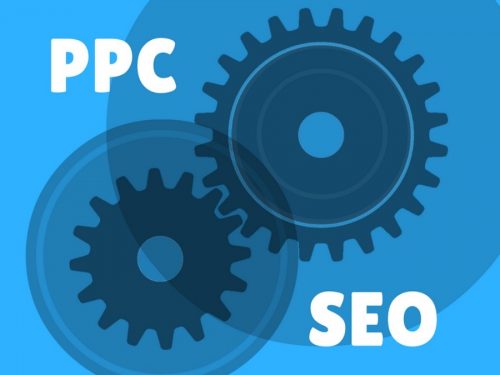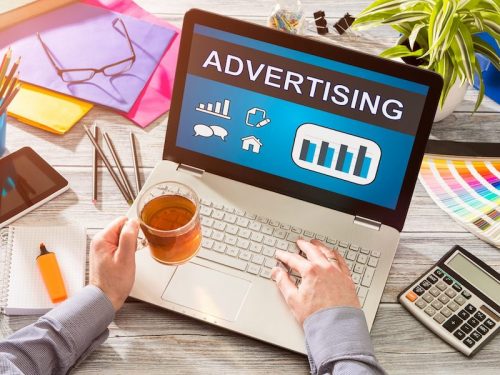
A friend working in a marketing agency recently asked me if there is any simple and non-technical way to optimise native advertising campaigns, given that major native advertising platforms are still quite new to marketers.
As a performance marketer transitioning from managing accounts on Google and Facebook to now working in a native advertising company, I can empathise with the pain of helplessness on campaign optimisation.
After all, native advertising just emerged and seems mysterious even nowadays. Here is what I shared with him.
Put context words in the sentence
Instead of writing down headlines plainly, crafting your message by putting more context words, such as time and space, can be of great help to earn the reader’s attention.
If you can’t think of any context word, you are not alone. There is a more straightforward way to understand and implement this idea.
In my case, I would self-brainstorm from the angle of making up a story, a.k.a. storytelling. This allows me to have a specific scene in my brain and all I need to do is describe the scene pertinently, which further helps me come up with a catchy headline.
A case study from Sharethrough is a great example to explain.
Original headline: A note of the efficiency and safety of our planes
Revised headline: How man’s age-old dream to fly like a bird may hold the solution to aircraft efficiency
The revised headline includes the element of context words and provides a clear picture (or story) for readers to imagine. Consequently, the revised one is more likely to win clicks.

Use metaphors to spark the reader’s curiosity
Metaphors, if used correctly in headline writing, can make your native advertising more engaging than ones with context words only and further result in a higher click-through rate.
This tactic, however, may require a certain level of talent to carry out as not all metaphors are idiomatically applicable and can be correctly related. Any explanation nuance should be carefully examined.
In my experience, storytelling, the strategy shared in the first passage, can also help cultivate the ability to craft a powerful metaphorical headline.
Here is another example from Sharethrough to demonstrate headlines that utilize metaphors.
Original headline: 5 ways to improve your morning routine
Revised headline: 5 ways to bring a little sunshine into your morning
With just a few words changed, the revised headline quickly sparks readers’ curiosity and drive people to click on the headline to know what the magic is to make their day.

Use pictures that resonate readers
Native advertising is well-known for its relatively strict policies on creatives standard. For instance, overly promotional creatives that could pass the scrutiny on Google or Facebook are very likely to be rejected on native advertising platforms.
Despite that, creatives remain a paramount factor to persuade readers on natives ads as our brains are wired to imitate everything we see, according to a study, and cherry-picked pictures that create resonance can significantly drive click impulse.
Considering the visual impact of human behaviour, rather than picking up pictures featuring your products or services solely, you should select the one with the action element you’d like readers to take.
Take skincare products for example. A picture featuring someone applying the facial cream can create stronger resonance and emotional engagement and further encourage readers to imitate.
Once they subconsciously start to imitate, they would recall your brands and buy your products or services at some point in the future.

Catch up with the latest trends
Including topics about holiday seasons and viral trends in creatives designing and headlines, writing can as well bring you a surprising result as the above tactics do.
This tactic is extremely helpful with improving the campaign performance as typical native advertising platforms are essentially built on partnering with news portals and blogs to form native networks.
Internet users on those publishers can easily identify whether the content they are consuming is up-to-date or not. They are likely to skip your native ads once they find out the headlines or pictures are outdated.
With that said, any wittiness of the current trend represented on creatives can greatly appeal to internet users and further earn extra points for your native advertising campaigns.
Based on the A/B test I conducted a while ago, I did see a huge increase in conversion rate when headlines included specific holidays or special events, such as the presidential election, as compared to those that didn’t include.

Repeat the above four periodically
As the internet becomes our everyday life, internet users are exposed to tons of various information and increasingly get tired of repetitive or same content easily.
Worse still, the circumstance of advertising fatigue will only become more common and there is no sign of slowing down.
Any way to fix this urgent issue? Yes, there is and it’s probably the only way — be diligent to change your campaign creatives and headlines often.
While it sounds daunting to proceed, because content production oftentimes requires resource and time to complete, what you should do is slightly adjust headlines and creatives.
For example, changing a few words in headlines and adding some new elements to creatives are sophisticated enough to make your native advertising as fresh as it used to be.
Don’t be lazy. You should mark on your calendar to remind yourself of refreshing your creatives from time to time and eventually you will realise how powerful and critical this step is on improving your native ad performance.
___
by Edison Chen
source: e27


